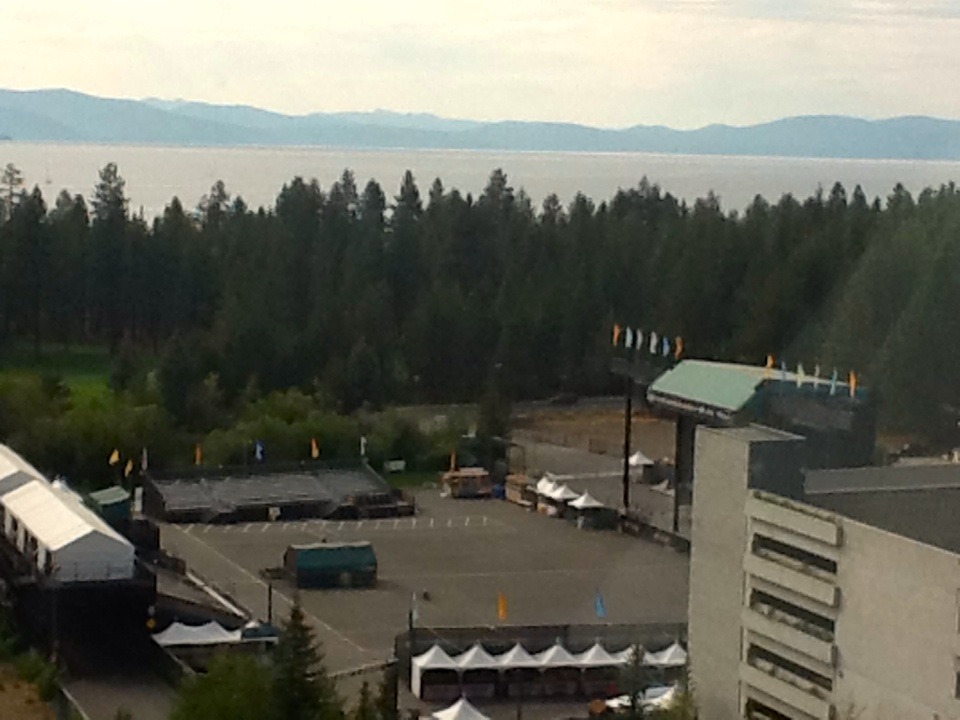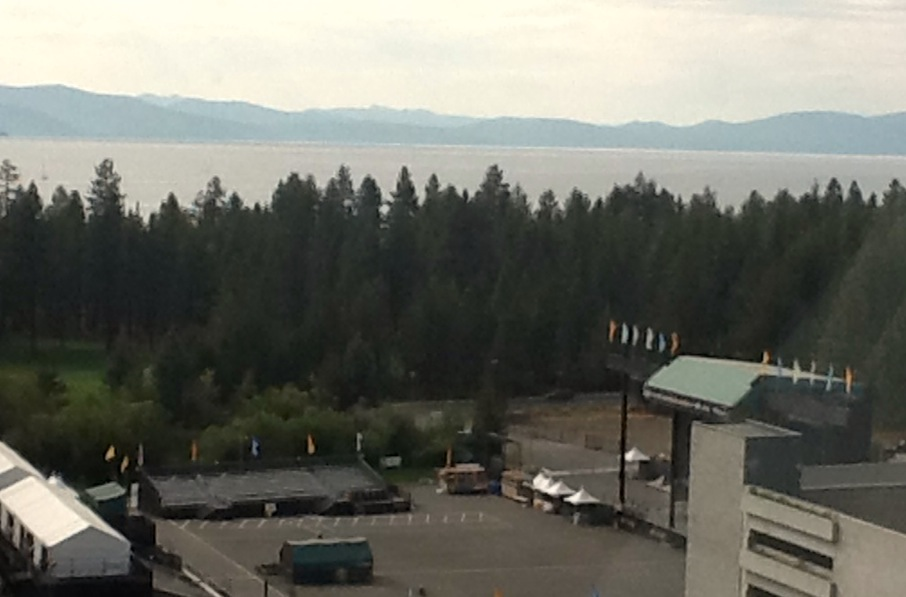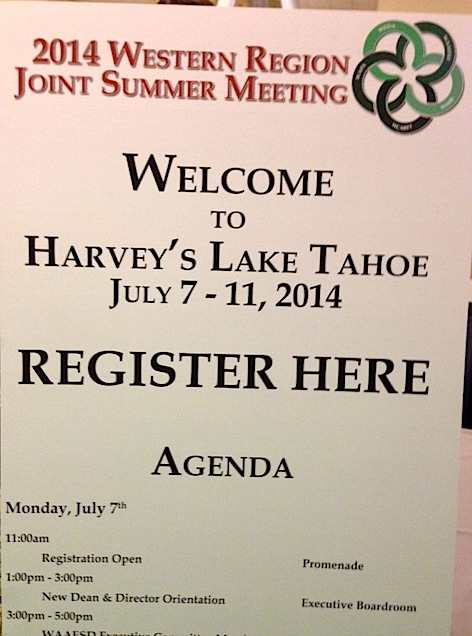Richard Ha writes:
Last time I wrote about the first session of the Western Region meeting of the Association of Public and Land-Grant Universities, which I attended at Lake Tahoe as a Council for Agricultural Research, Extension, and Teaching (CARET) delegate.
The remaining sessions focused on the four major areas that comprise the Western Agenda – fire, water, invasive species, and endangered species.
Maria Gallo, director of UH Manoa’s College of Tropical Agriculture and Human Resources, is proposing adding the important subjects of nutrition and obesity to the Western Agenda, and I support that idea.
I like that we are taking a systems approach to this. The world has become incredibly interconnected, but too often we look at things in their independent silos. My friend, Charlie Hall, is a systems ecologist. He looks at things from an interconnected, ecological point of view.
The main issue we discussed was whether we would take the time to create one cohesive comprehensive paper that incorporates all four parts of the Western Agenda, or whether we would focus on one important issue and build the comprehensive paper along the way.
We CARET members wanted to get moving right away. We are action-oriented and want to have something we are working on before our winter meeting in Washington, D.C. We decided to get behind “fire” and push it hard as soon as we can.
The plan is very complex and involves multiple stakeholders who have been in the fight for varying lengths of time and to different degrees. We are not interested in who gets credit so much as in moving this project forward. Fire season will start soon and we will see multiple fires throughout the West. We all know this. We need to move, and move now.
Hawai‘i is going to be a major contributor in this work on the Western Agenda, especially in the area of endangered species, invasive species, and water issues. I am happy to be in the middle of it.
While this important work was going on, June and I took some time to see South Lake Tahoe and San Francisco closer up.
Here’s Lake Tahoe from our room, overlooking the Summer Concert series stage area.
We went on a paddle wheeler on the lake.
We saw sandy beaches, warm weather, and many homes built right into the landscape. They introduced a proposal that new developments cannot reflect sunlight into the lake.
We also sat at San Francisco’s Fisherman’s Wharf and I had ceviche and raw oysters, while June had a sourdough break bowl with Dungeness crab cocktails. There were seagulls all around. We’re having a fun time.



